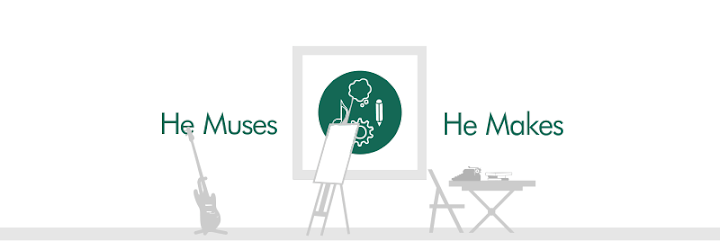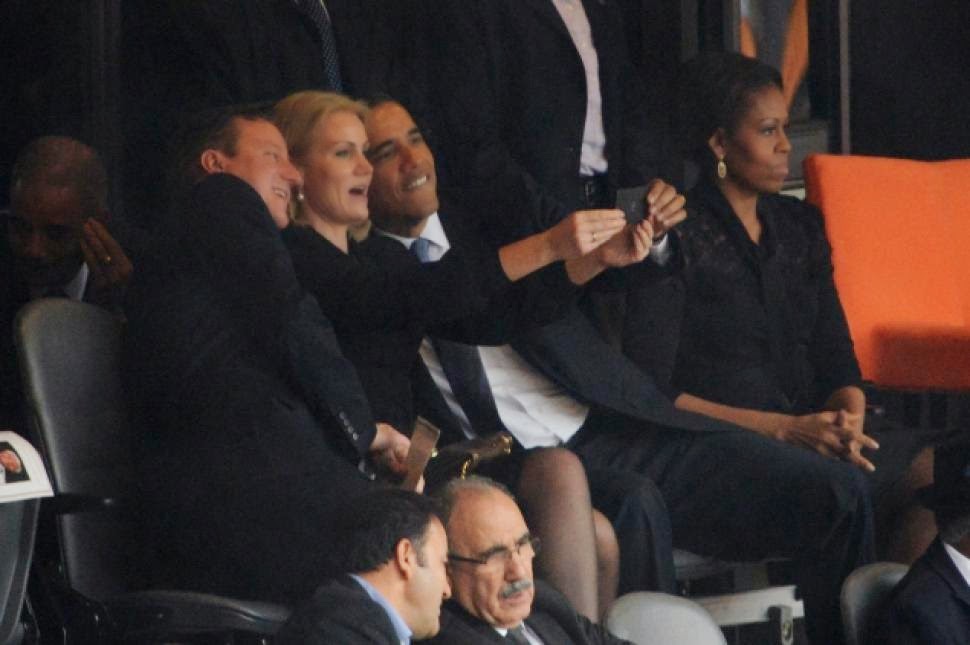
This originally appeared on misteragyeman.blogspot.com on September 4, 2014.
I just found an old Tom Hanks interview, part of his publicity work for ‘Charlie Wilson’s War’. It got me thinking about political dramas in general. There’s been some good ones recently. ‘Broken City’; ‘Ides of March’; ‘Game Change’; ‘W’; ‘The Queen’ – the world has a morbid fascination with the flaws in our systems of governance. But what’s the reaction when one comes out? ‘Stuart Little’ makes parents buy mice for their kids – I thought ‘Ides of March’ was really deep, but I can’t say it shifted my thinking.
Can democracy exist without politics? It seems the most you can hope to do is ‘divide and conquer’. If it’s truly one man, one vote, the mechanisms make sense. But how do you eliminate the human tendency to form blocs? That’s how we got here in the first place. Round tables are powerful tools, but water coolers – even more so.
One thing that confuses me, though: the phenomenon of the ‘gaffe’. Seems it’s designed to judge people on how well they can play the game, instead of making sure they’re not just playing. We want the person’s idea, but we need them in slicker writing? How does that work? And then there’s affiliations, and political convention, and so on, eating away at the substance until the No. 1 skill for a president is perfect recall. I stand a good chance, therefore; I learned to rehearse my lies when I was ten.
It’s a weird system, overall. The baby-kissing, the late-night shows, the autobiographies. The negotiations with the all-powerful media. You survive the tightrope walk for five whole years, then you wake up one morning to discover – they are offended by your suit colour. Bradley Manning and Julian Assange fall away, and one injudicious selfie becomes the news.

President Mahama made a couple of speeches earlier this year which went over very well. The State of the Union address was the bigger hit of the two, because he said very nice things about young entrepreneurs. Both that one and his Independence Day speech were shared and quoted for about a week. Suddenly, opinion seemed to shift, mere weeks since his last big ‘gaffe’. Then it all went limp again. What happened during the speech. Now, I doubt he comes across as a hypnotic speaker – his tone and rhythm remain noncommittal, and he keeps breaking eye contact. So we’re left with the strong words, the rhetoric that celebrated innovation. He has a way with words, I know; his books are critically acclaimed. So would any good speechwriter do for president?
We might consider a more natural solution. The town-hall meeting concept is an approximation of natural persuasion dynamics, but it still plays on the crowd mentality. Philosophy ends up trumping reality, and your stand-point becomes important. What might work though – we appoint committees, after the fact, to interview experts on just why everything went phut. Why don’t we just get the experts to take a shot at keeping things upright? And you don’t elect an expert, you fund them. You don’t make a doctor head of health, you give him a team. Keep the problem-solvers solving problems. Let professional auditors keep track of them. Leave nation-building to the pros. Don’t ask me to vote for you because you have ‘vision’ and ‘integrity’. Sure, keep being innovative and honest at whatever you do to help keep the nation running. But as presidential qualities? How do they work in abstract? I’d respect somebody more if they said they’d managed a workforce of 100,000 before. But how do you do project that experience to the management of a country? A security guard and a standing military are two very different things.
I doubt it will happen. And variations of this have been tried; they’ve failed to catch on even if results were promising. But it makes so much more sense than anything we’ve got. Perhaps that should form the big question: is this the government we deserve?
Leave a Reply